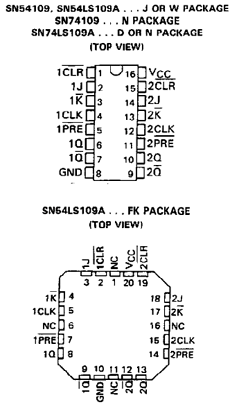I want to try building my own CPU. Has anyone here done this?
The idea is to build something that can be programmed, with proper keyboard input and display output. I basically want to take this project from circuit to rudimentary OS that can execute simple programs. Instead of going nuts hooking wires to a breadboard I would like to make the design in software and transfer it to a printed circuit board (seems fairly cheap if you can make do with a simple PCB).
Anyhow, my first question is if you can recommend any good resources (sites/videos/books/etc) and if you know of any good designs that would be suitable for my purposes?
And second, can you recommend any good software for designing the CPU and transferring the circuitry to a PCB? I've looked at LogiSim which seems like just the kind of software I want, but I'm unsure as to how the designs can be converted to schematics for a PCB.
The idea is to build something that can be programmed, with proper keyboard input and display output. I basically want to take this project from circuit to rudimentary OS that can execute simple programs. Instead of going nuts hooking wires to a breadboard I would like to make the design in software and transfer it to a printed circuit board (seems fairly cheap if you can make do with a simple PCB).
Anyhow, my first question is if you can recommend any good resources (sites/videos/books/etc) and if you know of any good designs that would be suitable for my purposes?
And second, can you recommend any good software for designing the CPU and transferring the circuitry to a PCB? I've looked at LogiSim which seems like just the kind of software I want, but I'm unsure as to how the designs can be converted to schematics for a PCB.



